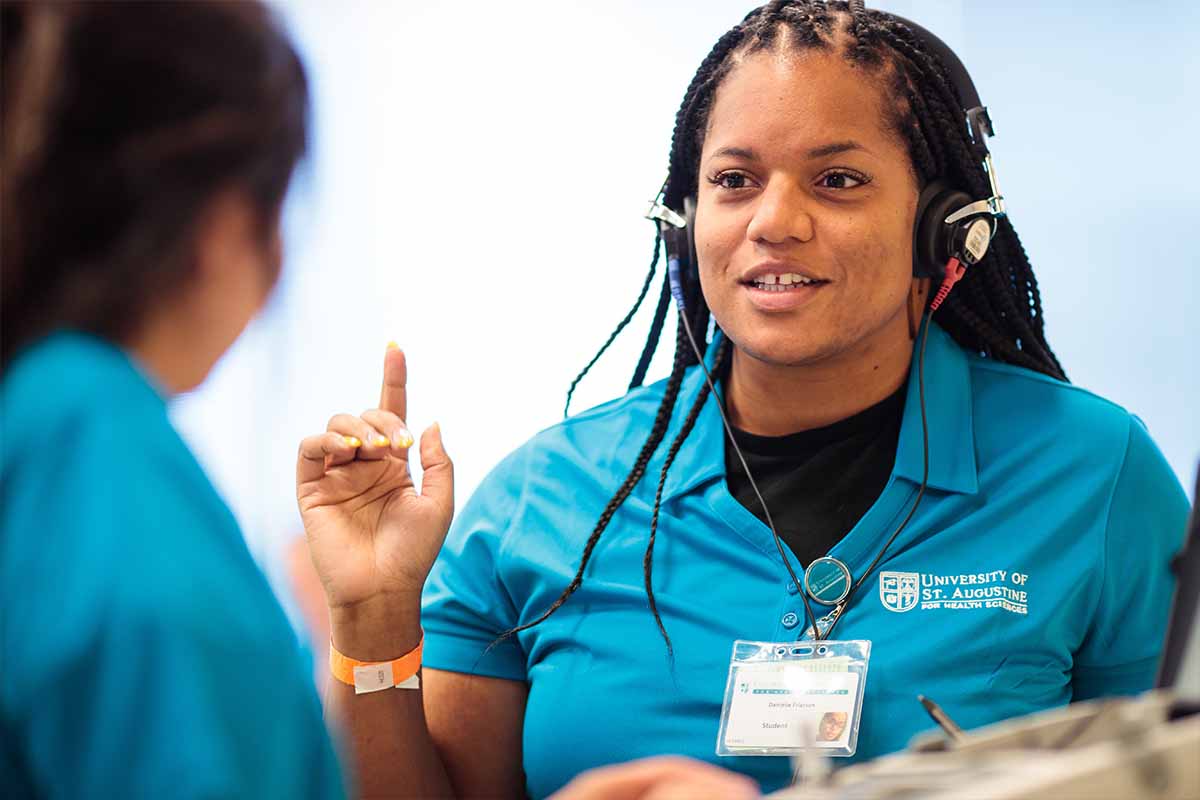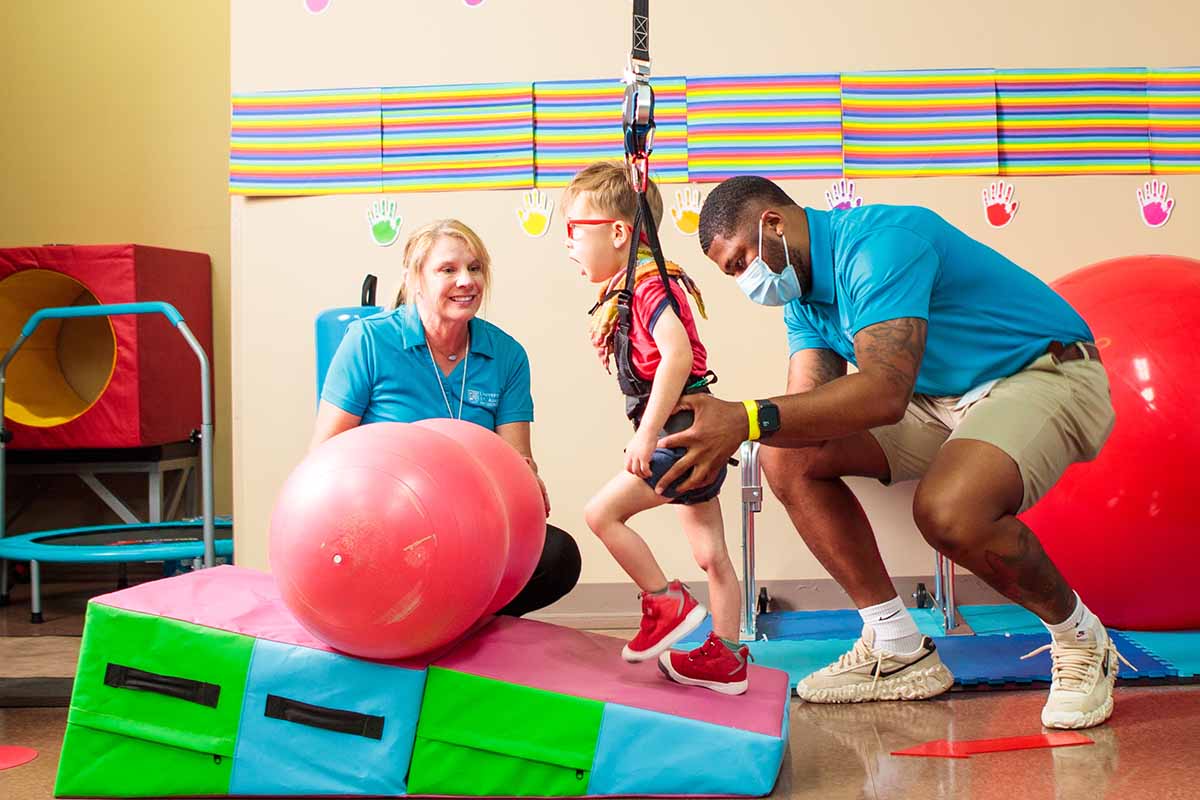
As global mental health issues continue to rise, so does the dire need for expert healthcare practitioners. According to the Association of American Medical Colleges (AAMC), “more than 150 million people live in federally designated mental health professional shortage areas.”
Mental Health Affairs reports that with a significant shortage of psychiatric doctors, especially in rural and underserved areas, there’s a critical need for qualified professionals who are well-equipped to provide timely and effective care.
Addressing unmet needs in mental health
Nurse practitioners (NPs) often assume roles as primary mental health care providers. An NP’s ability to provide clinical and therapeutic care is invaluable. Nurse practitioners can bridge the gap with their extensive training and patient-centered approach.
Ashlee Loewen, DNP, APRN, FNP-C, Assistant Program Director of Nursing at the University of St. Augustine for Health Sciences (USAHS) and Medical Advisory Committee Chair at Mission House, is an example of a family nurse practitioner (FNP) who is responding to the mental health crisis. Mental Health Affairs featured Dr. Loewen and her work.


Ashlee Loewen, DNP, APRN, FNP-C, Assistant Program Director of Nursing at the University of St. Augustine for Health Sciences (USAHS) and Medical Advisory Committee Chair at Mission House
Dr. Loewen’s position as a faculty-practitioner and active community advocate gives her an edge in the field. According to Mental Health Affairs, “This dual role of hands-on service and academic excellence gives Ashlee a unique perspective on the challenges homeless individuals face, especially those with mental health issues.”
At Mission House, Dr. Loewen is more than a volunteer. She is a skilled leader and board member and leverages her role as a family nurse practitioner (FNP) to provide the community with important clinical knowledge.
Mission House serves individuals affected by homelessness in Jacksonville, Florida. The organization was created two decades ago, based on a collective dream shared by several faith-based communities in The Beaches area. It provides food, clothing, medical care and support services. Their goal is to provide essential support and programs and guide those experiencing homelessness toward stability, self-sufficiency and renewed hope.
Nurse practitioners: Shaping the future of mental health care
NPs provide comprehensive primary and emergency care. They diagnose, treat and manage acute and chronic illnesses, prescribe medications, order diagnostic tests.
An NP’s broad range of capabilities often allows them to function autonomously and serve as the primary care provider in various settings.
Psychiatric-Mental Health Nurse Practitioners (PMHNPs) have advanced training in psychiatric evaluations, psychotherapy and psychopharmacology. Their specialized expertise allows them to provide holistic care to patients dealing with mental health issues. Mental Health Affairs reports, “PMHNPs can provide psychotherapy, offer patient education counseling, and prescribe medications, offering a well-rounded approach to mental health care.”


Expanding the NP Scope of Practice
Currently, the extent of an NP’s authority varies by state. To expand access to mental health care and in light of the growing physician shortage, there’s a growing movement to give NPs universal full-practice authority (FPA). This change would allow NPs to diagnose, treat and prescribe medications without physician oversight.
The American Association of Nurse Practitioners (AANP) outlines the scope of practice for NPs and champions their role in transforming the future of healthcare.
Nurse practitioners, especially those trained in psychiatric-mental health, like Dr. Loewen, play a crucial role in mental health care. Their contributions to organizations like Mission House demonstrate the power of passion and expertise in addressing nationwide health challenges.
Preparing the next generation of nurse practitioners
The need for mental health services has been steadily growing in the United States—even while the shortfall of mental health practitioners is also increasing. This time of urgency for patients, society and the profession also presents an opportunity.
In today’s evolving healthcare industry, there is a demand for graduate-level educated nurses. New practitioners entering the field with a passion for helping others have the chance to fill the gap.
Ready to respond to the call for nurse practitioners? You’ll enjoy a rewarding role and advance within a thriving profession.
USAHS is building future nurse leaders. Learn more about USAHS’ graduate nursing programs and apply today.








